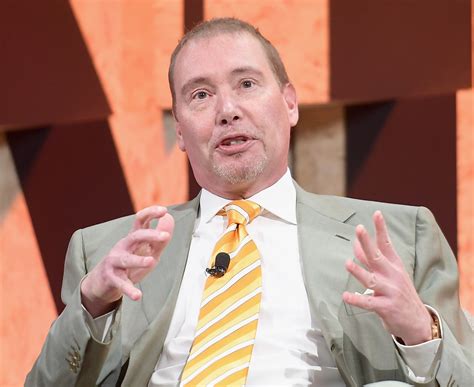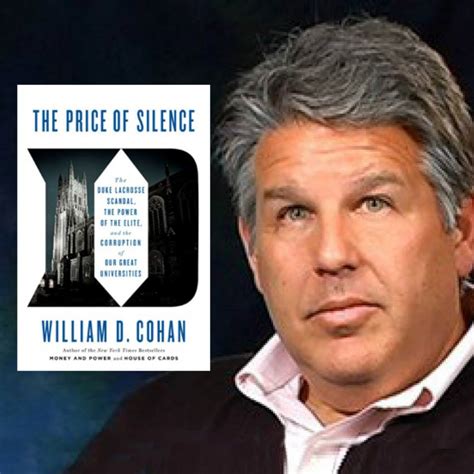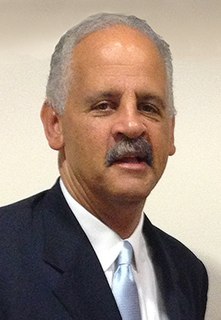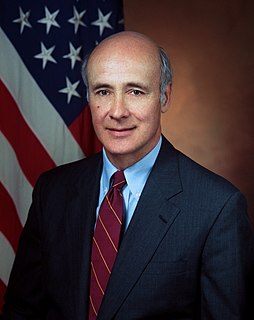A Quote by Rick Welts
To allow your organization the permission to fail is a very powerful thing. If we want to really be thought leaders and industry leaders, it doesn't come without taking risks. We're not afraid to take those risks that will get us to a better place.
Related Quotes
...the more risks you allow children to take, the better they learn to take care of themselves. If you never let them take any risks, then I believe they become very prone to injury. Boys should be allowed to climb tall trees and walk along the tops of high walls and dive into the sea from high rocks... The same with girls. I like the type of child who takes risks. Better by far than the one who never does so.
There are always risks when you chase after a dream because growth requires that you leave your comfort zone and enter unknown territory. But without confronting those risks and facing your fears, you'll never, as Nike says, "Just do it." Now the truth is, you may fail in some of your efforts, but you will never succeed if you are not willing to risk failure. And even if you do fail, you can learn from the experience and try again. To do that, you will need courage, and you will also need to have faith in your ability to achieve your goals.
The trouble is that the risks that are being hedged very well by new financial securities are financial risks. And it appears to me that the real things you want to hedge are real risks, for example, risks in innovation. The fact is that you'd like companies to be able to take bigger chances. Presumably one obstacle to successful R&D, particularly when the costs are large, are the risks involved.
Be willing to take some risks in the areas of work and money. If we do only what we think we should do in order to make money and be secure, we won't listen to the intuitive voice that tells us to try something new, to be more creative, or to move on to the next step on our path. When we listen to our intuition and take some risks, we are not alone. The universe will support us and reward us for taking risks on its behalf!
When large companies take on risk, then they impose risks on the rest of the system. And these are systemic risks and these systemic risks we never used to think were really that important, but as soon as we recognize how the financial sector - the risks the financial sector takes on can impact the entire global economy, we realize that those risks needed to be controlled for the social good.































